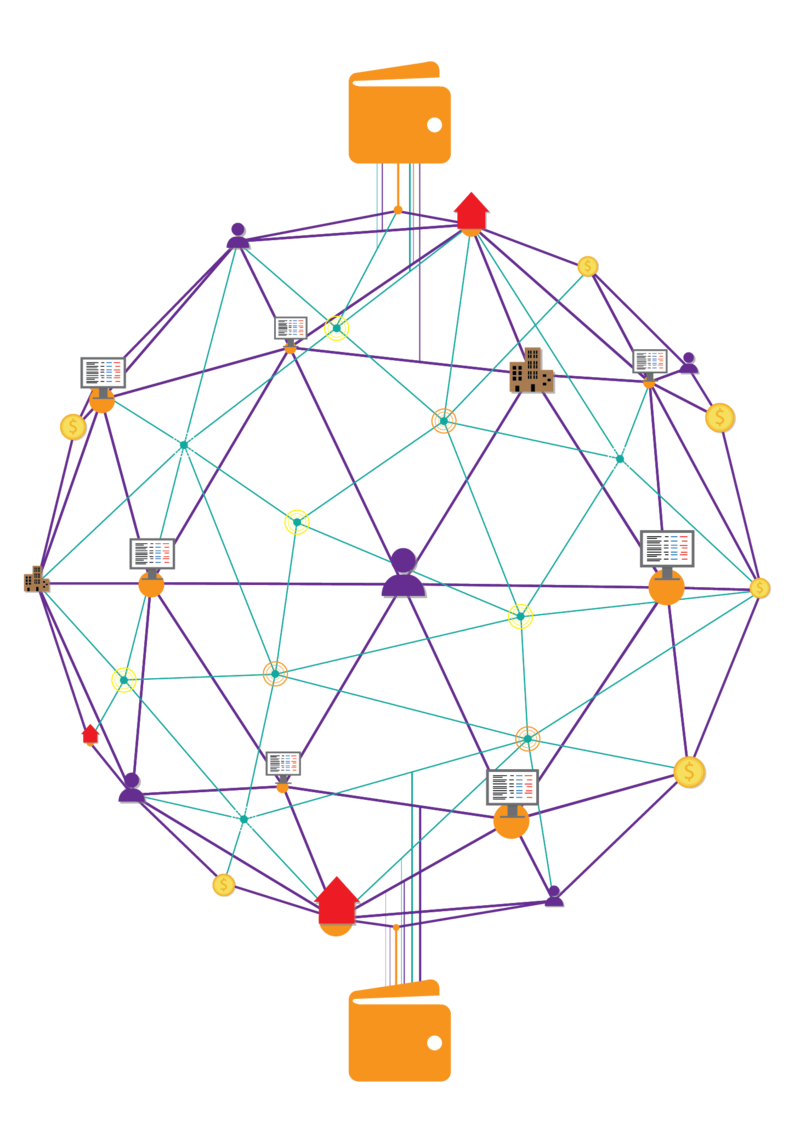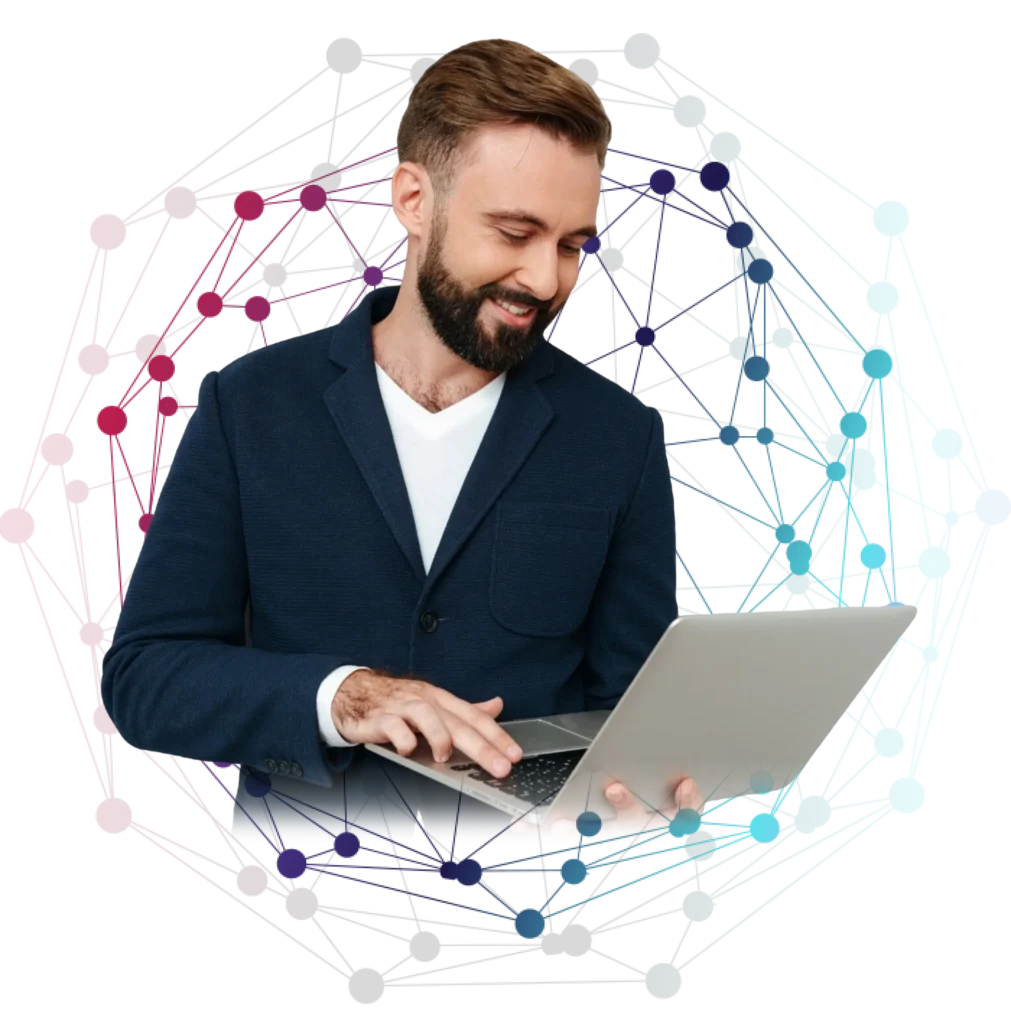
Proofeasy Tech Solutions Pvt Ltd
- info@proofeasytech.com
- B - 3, Goyal Tower, Near Panjrapole crossing, University Road. Ahmedabad. Gujarat 380015
Complement Your AI Solutions With Blockchain’s Security
AI integration giving you security headaches?
Sign up on ProofEasy to secure your media, customer database, and sensitive internal information.
Authenticate AI-Based Content
Expert verified AI-generated content can help you stay on top of your SEO game. But what happens when such documents become victims of data fraud? Use ProofEasy to secure your documents and make the contents immutable.
Don’t Fall For Deep Fakes
Spotting deep fake videos, audios, and documents is incredibly challenging. Make it easier to distinguish your content with our verifiable credentials and decentralized identifiers (DIDs).



What we do
How Blockchain Can Secure AI Digital Ecosystem?
- 🔒 Blockchain-Secured All documents uploaded to ProofEasy are secured with blockchain technology, ensuring they are tamper-proof, immutable, and permanently verifiable.
- ⚡ Instant Verification ProofEasy’s patented QR code technology enables instant verification of documents—no delays, no guesswork.
- 💸 Cost-Effective Maximize your return on investment—one client achieved a 1479% ROI using ProofEasy. Discover how your business can benefit.
Revolutionize operations with decentralized solutions



Blockchain and web3 are changing the game in business. 90% of executives agree that these technologies help create stronger, more flexible partnerships and unlock new value. They’re key to modernizing commerce and making operations smoother and more transparent, paving the way for future growth and innovation.
How blockchain and web3 is changing
Understand the impact and implementation of blockchain and web3 to future-proof your businesses
Future Prospects and Advancements in consensus mechanisms
Future developments in consensus mechanisms, such as Proof of Stake (PoS) and Byzantine Fault Tolerance (BFT), aim to improve blockchain networks’ efficiency, scalability, and security. These advancements can make blockchain technology more sustainable and widely adopted.
-
Integration with emergent technologies
-
Standardisation and interoperability
-
Enhanced privacy solutions

Integrating blockchain with new technologies such as artificial intelligence (AI), the Internet of Things (IoT), and quantum computing can improve data security. For example, blockchain can provide a secure and transparent framework for communication and data exchange between IoT devices.
Blockchain technology is increasingly recognized for enabling secure and transparent transactions. Integrating blockchain into existing systems boosts trust, removes intermediaries, and strengthens data integrity.
Key Use Cases:
Supply Chain Management: Blockchain allows end-to-end traceability and product authenticity verification. Organizations can track goods’ movement, confirm product origins, and ensure ethical sourcing.
Financial Sector: Blockchain improves security and reduces fraud through secure, immutable transactions. It simplifies cross-border payments and eliminates intermediaries, making processes faster and more efficient.

Standardisation refers to the process of developing and implementing technical norms, protocols, or guidelines that ensure compatibility and consistency across systems. These standards may apply to data formats, communication protocols, security frameworks, or APIs.
Benefits:
Consistency across tools and platforms
Efficiency in development and integration
Reduced errors and confusion
Scalability of products and services
Standardisation + Interoperability = Sustainable Growth
Combining these two ensures that:
Products are future-proof
Integrations are easier and cheaper
Collaboration between vendors becomes frictionless
End users benefit from consistent experiences

-
Data Confidentiality
Sensitive documents remain private, accessible only to authorized users, protecting intellectual property and personal data. -
Tamper-Proof Security
Blockchain-backed records ensure documents cannot be altered or forged, maintaining integrity across their lifecycle. -
Regulatory Compliance
Helps organizations comply with data privacy regulations like GDPR, HIPAA, and others by securing and controlling access to sensitive information.